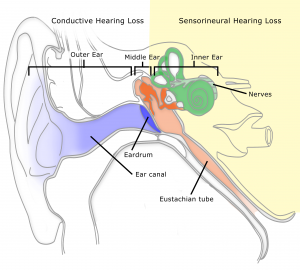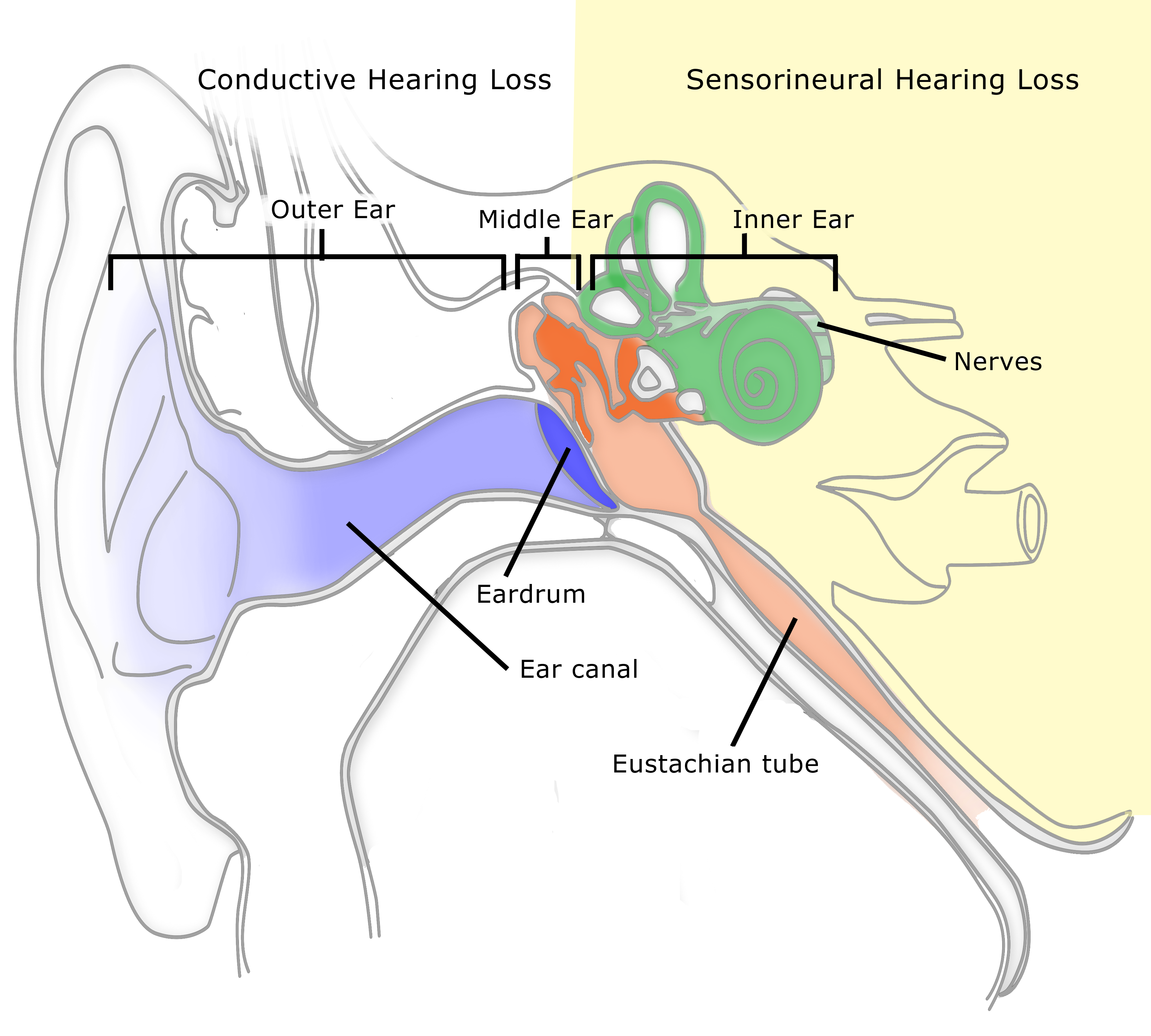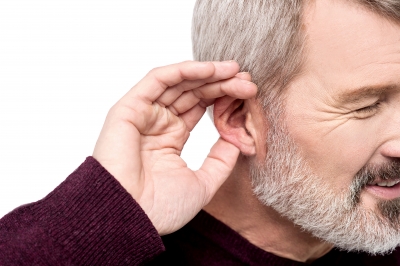Hearing Loss, Tinnitus and Imbalance/Vertigo
A reader of this blog has asked us to discuss how hearing loss relates to tinnitus and balance problems. What follows represents a very brief review.
There seems little doubt that hearing loss, tinnitus and imbalance are related to inner ear (vestibular) problems. Unfortunately, little definitive research has revealed the exact nature of these relations, nor how these conditions may interact.
According to the National Institute on Deafness and Other Communication Disorders (NICDC), a division of NIH (National Institutes of Health), hearing loss is the most common of the three conditions:
- About 15% of Americans over 18 years old have some difficulty hearing.
- About 10% of American adults (25 million people) have experienced tinnitus for at least 5 minutes during the past year.1
- Almost 8 million American adults report a chronic problem with imbalance.2
Tinnitus
Tinnitus is variously described as a ringing, buzzing, whistling, whining, hissing or clicking in the ears when no outside noise is present to cause the sounds. The sounds can be constant or intermittent. Tinnitus is not considered a disease but rather a symptom of problems in the auditory system.
Most tinnitus sufferers also experience some degree of hearing loss, but the majority of people with hearing loss do not suffer from tinnitus.3
Unfortunately, tinnitus remains poorly understood, though there are many theories about what causes it and how to treat it. Like hearing loss, tinnitus in young people seems to be increasing, possibly due to use of high-volume audio devices that may cause inner-ear damage.
Healthy Hearing, a support organization for people with hearing problems, offers an informative discussion of the causes and treatments of tinnitus at http://www.healthyhearing.com/help/tinnitus/treatment.
Vertigo/Imbalance
A large group of ear-related problems are grouped under the informal term “dizziness.” Some people think of dizziness as feeling faint. Other people may use “dizziness” to describe a feeling of fear- and anxiety-based disorientation. But generally when we refer to dizziness, we mean loss of balance, or possibly vertigo.
Balance problems include staggering or feeling unsteady while standing or walking.4 Inner ear problems are strongly implicated in balance disorders. Vertigo is the feeling of being in motion when you are not. When you turn around and around and then stand motionless, the impression that you are still whirling is vertigo.
Treatment
Loss of balance can be a symptom of serious problems and should be followed by a visit to an otolaryngologist (ENT) who specializes in balance issues. If you suffer from tinnitus, you should also look for an ENT who specializes in that condition.
Even if hearing loss is your primary complaint, be sure also to tell your hearing practitioner about any imbalance or tinnitus you have experienced. Being aware of your combination of auditory conditions will help the specialist determine the most appropriate treatment for you.
References
1 www.nidcd.nih.gov/health/statistics/quick-statistics-hearing
2 www.nidcd.nih.gov/about/strategic-plan/2012-2016/why-nidcd-supports-hearing-and-balance-research
3 Davis & Rafie, 2000; Lockwood et al., 2002, cited in www.dizziness-and-balance.com/disorders/hearing/tinnitus.htm
4 www.webmd.com/first-aid/understanding-dizziness-basics
Additional Reading
www.entnet.org/content/clinical-practice-guideline-tinnitus



















Leave a Reply